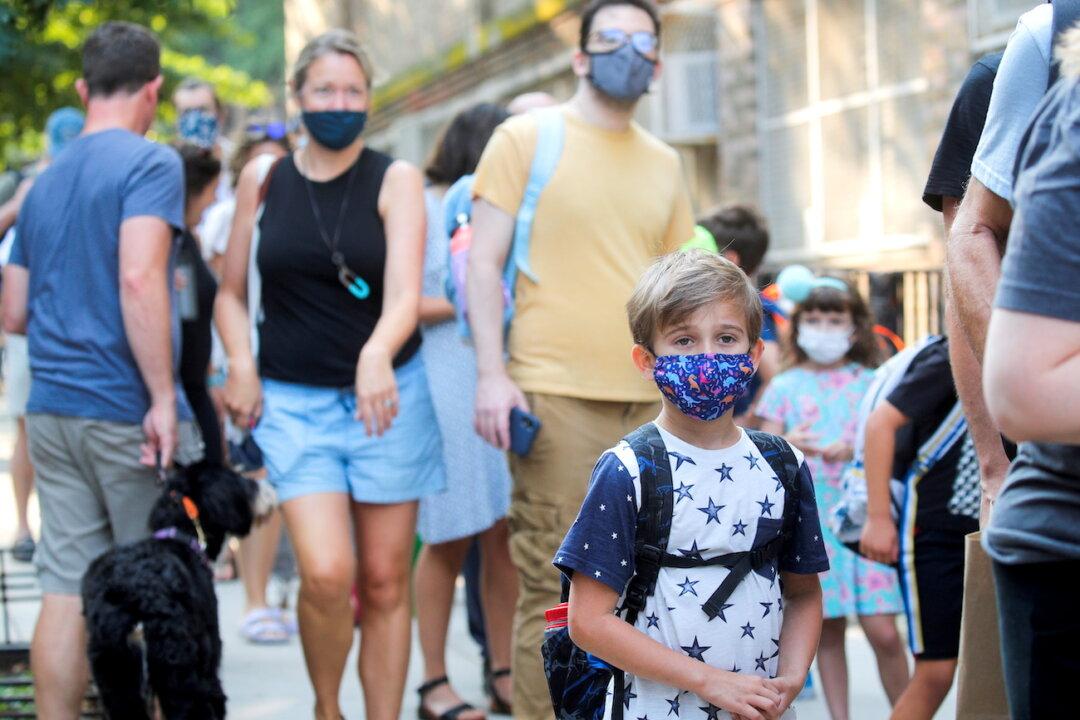The Food and Drug Administration (FDA) on Friday expanded its emergency use authorization (EUA) of Eli Lilly and Co’s dual-antibody therapy for mild to moderate COVID-19 to all children, including newborns.
The treatment consists of bamlanivimab and etesevimab—two monoclonal antibodies that are administered by intravenous infusion. The two monoclonal antibodies are directed against the spike protein of SARS-CoV-2, to block the virus’s attachment and entry into human cells. They work by binding to different but overlapping sites on the spike protein.




